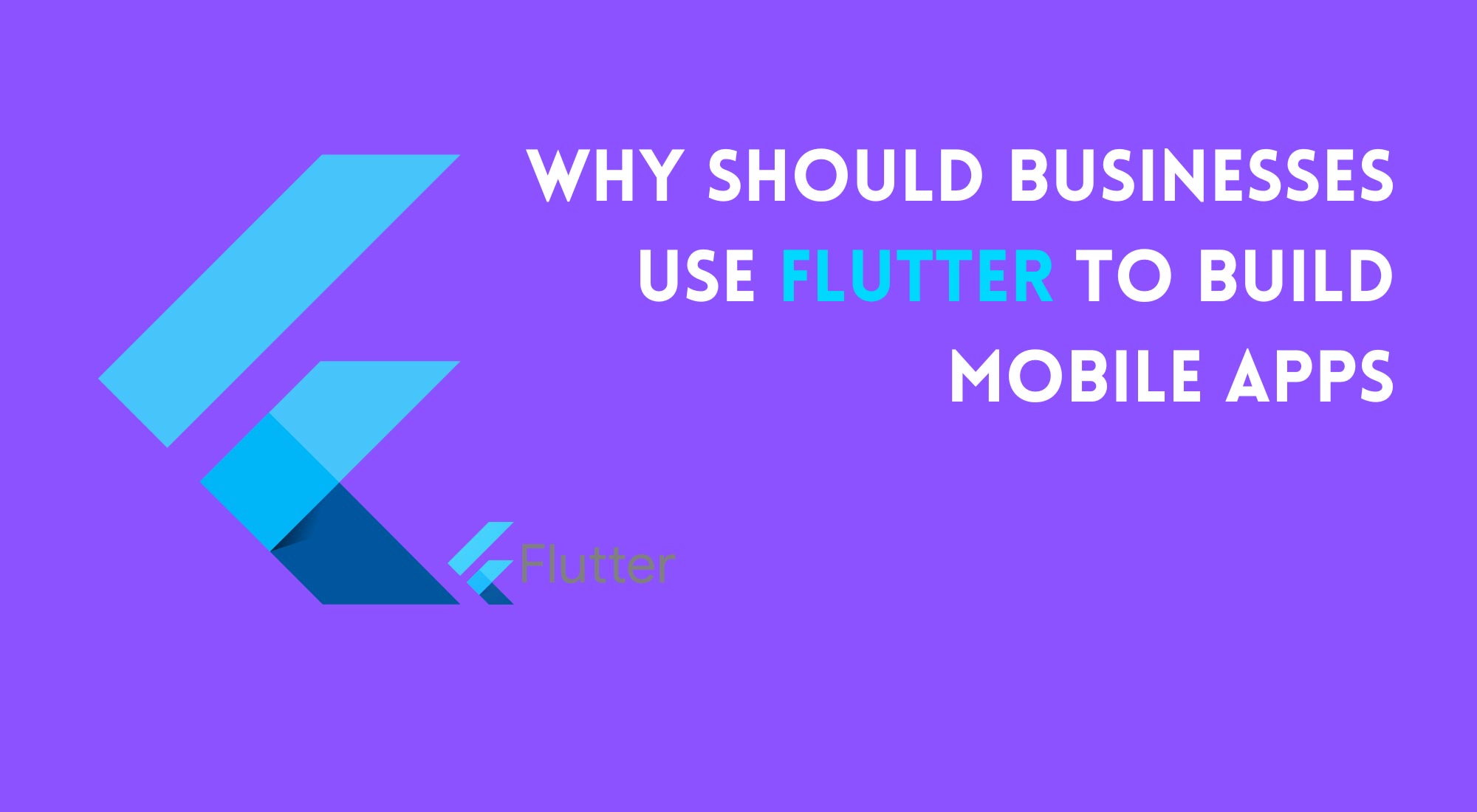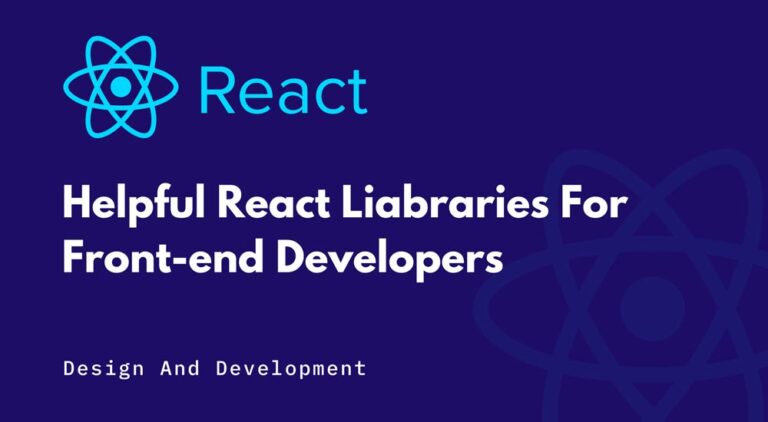Flutter is an open-source software development kit (SDK) created by Google to build high-performance, natively compiled applications for mobile, web, and desktop platforms. Launched in 2017, Flutter has rapidly gained popularity among developers due to its fast development cycle, hot-reload feature, and attractive user interface (UI) design.
Flutter uses Dart, a programming language also created by Google, to build mobile and web applications. Dart is a class-based, object-oriented language with syntax similar to that of Java and C#. Dart is designed to be easy to learn and use, making it ideal for both novice and experienced developers.
Flutter’s biggest advantage is its ability to create high-quality, beautiful user interfaces (UI) for mobile and web applications. Flutter’s UI framework, called “widgets,” allows developers to create custom UI elements, animations, and transitions quickly and easily. Flutter’s widgets are highly customizable, making it possible to create beautiful, responsive UI designs that run smoothly on any device.
Flutter’s hot-reload feature allows developers to see changes to their code immediately. With hot-reload, developers can quickly experiment with different UI designs, animations, and transitions without having to rebuild the entire application. This feature makes the development cycle faster, more productive, and more enjoyable.
Flutter’s support for a wide range of platforms also makes it an attractive option for developers. Flutter applications can be built for mobile platforms such as Android and iOS, as well as web platforms such as Chrome, Firefox, and Safari. Additionally, Flutter can be used to build desktop applications for Windows, macOS, and Linux.

Flutter’s popularity has grown rapidly since its release, with major companies such as Alibaba, Tencent, and BMW using it to build their mobile applications. The Flutter community has also grown significantly, with developers creating new packages, widgets, and plugins for the SDK. The open-source nature of Flutter has also contributed to its success, with developers contributing to the project and improving the SDK.
Around 37k+ projects have been created using Flutter, which has been downloaded 11 billion times worldwide. These figures are crazy!
Benefits of Developing an App With Flutter
- Faster development cycle: Flutter’s hot-reload feature allows developers to see changes to their code immediately, which means that they can experiment with different UI designs, animations, and transitions without having to rebuild the entire application. This feature can significantly reduce the time it takes to develop an online business application, which is critical in a fast-paced business environment.
- Attractive user interface: Flutter’s UI framework, called “widgets,” allows developers to create custom UI elements, animations, and transitions quickly and easily. Flutter’s widgets are highly customizable, making it possible to create beautiful, responsive UI designs that run smoothly on any device. An attractive user interface can help online businesses attract and retain customers, leading to increased sales and revenue.
- Cross-platform compatibility: Flutter applications can be built for mobile platforms such as Android and iOS, as well as web platforms such as Chrome, Firefox, and Safari. Additionally, Flutter can be used to build desktop applications for Windows, macOS, and Linux. This cross-platform compatibility can help online businesses reach a wider audience and provide a seamless user experience across different devices and platforms.
- Integration with other technologies: Flutter can be easily integrated with other technologies commonly used in online businesses, such as databases, APIs, and third-party services. This integration can help online businesses automate processes, streamline workflows, and improve efficiency.
- Scalability: Flutter is designed to be scalable, which means that online businesses can easily add new features and functionalities as their business grows. This scalability can help online businesses stay competitive and adapt to changing market conditions.
- Cost-effective: Flutter’s open-source nature means that online businesses can use it for free, without having to pay licensing fees. Additionally, Flutter’s faster development cycle can help online businesses save on development costs, which is especially important for small businesses with limited budgets.
Final Words…
In conclusion, Flutter can help online businesses in several ways, including faster development cycle, attractive user interface, cross-platform compatibility, integration with other technologies, scalability, and cost-effectiveness. By leveraging Flutter’s advantages, online businesses can improve their digital presence, attract and retain customers, and increase sales and revenue.








One Comment
Comments are closed.